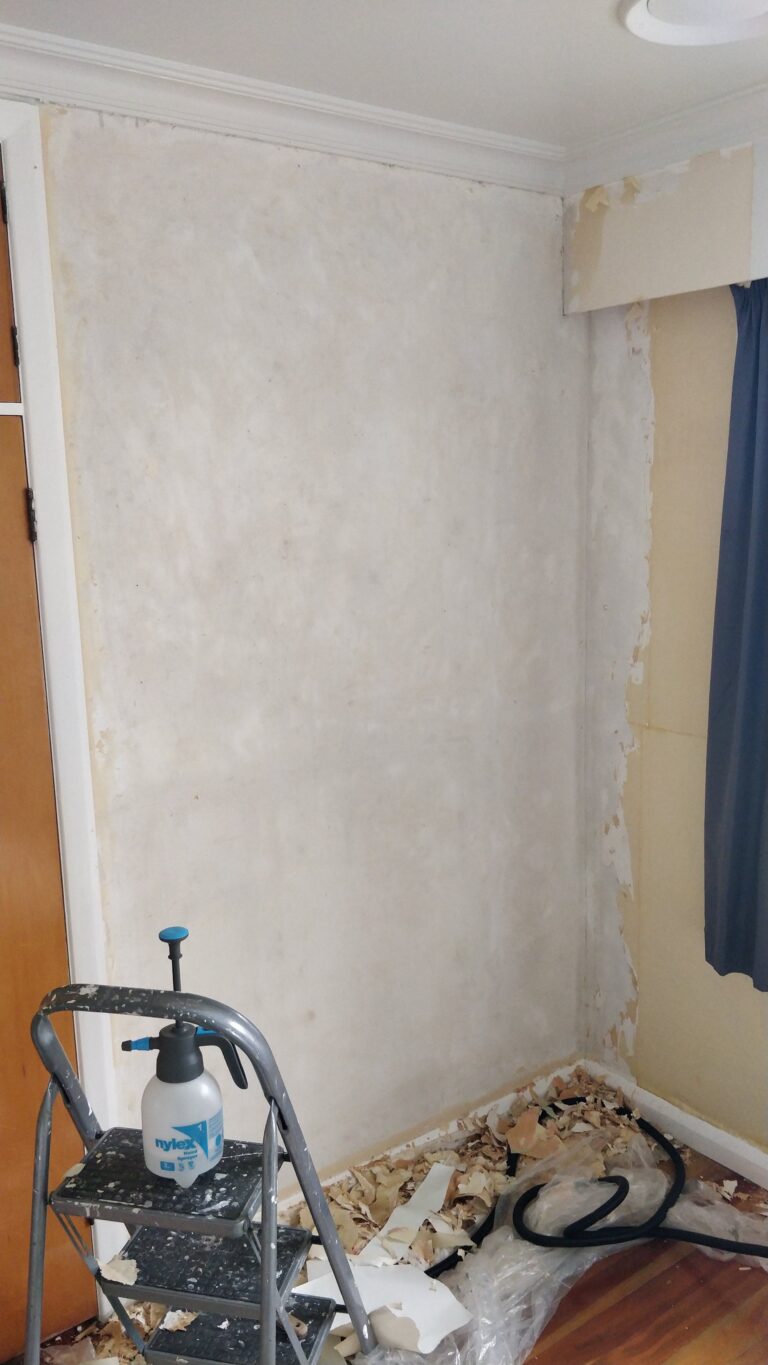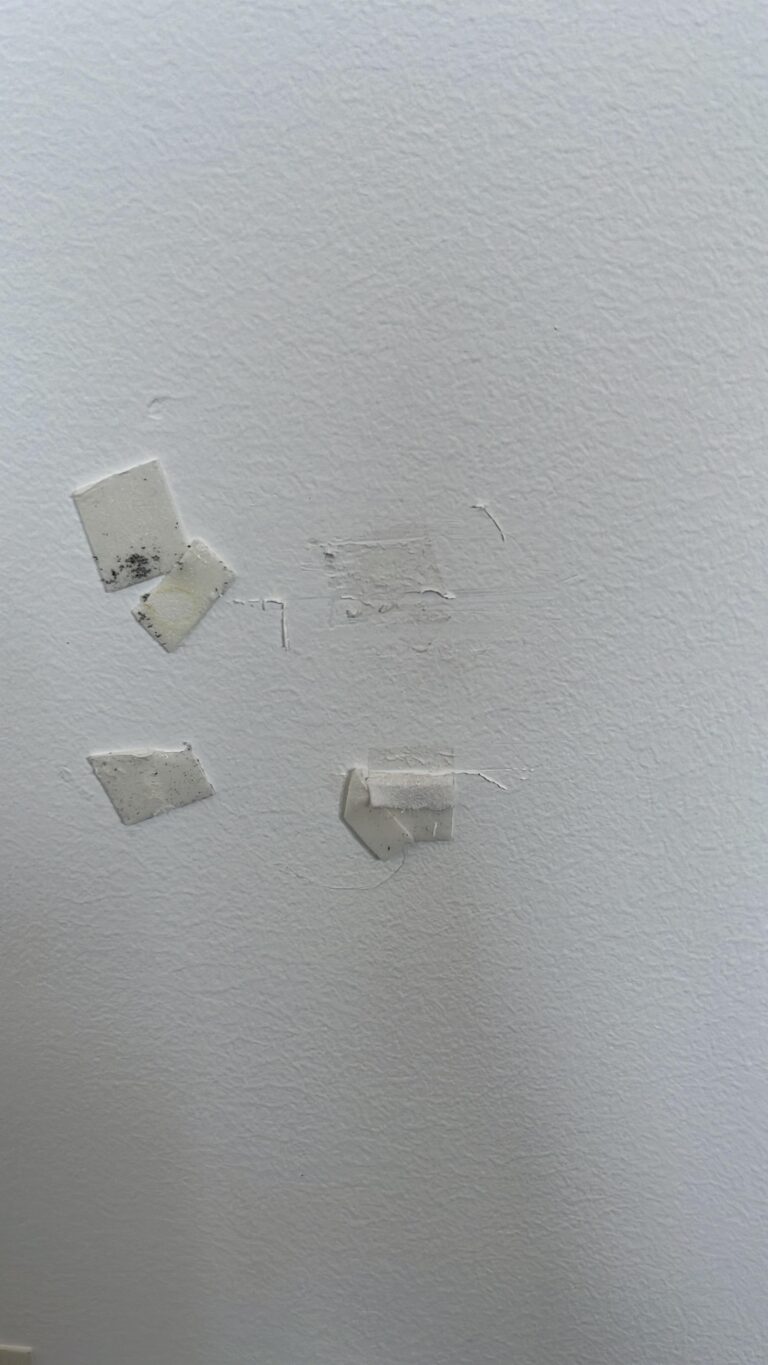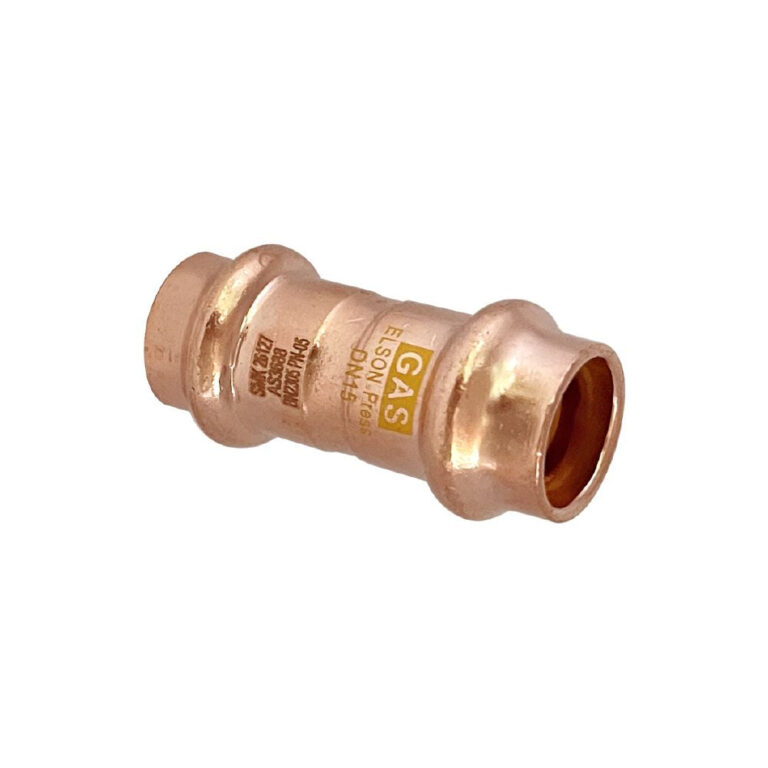Can You Add Another Electric Meter: Simplified Guide & Benefits
Yes, you can add another electric meter. But it depends on several factors.
These include local regulations and the setup of your current electrical system. Adding another electric meter might seem complex at first. It’s a common question for homeowners and landlords alike. Whether you need to monitor energy use or split bills, an extra meter can be very useful.
But, before you proceed, there are a few things to consider. You need to check with your local utility company and understand the regulations in your area. Also, ensure your current electrical system can support another meter. This blog will guide you through the steps and considerations for adding an electric meter. Let’s dive in and explore what you need to know to make this process smooth and hassle-free.
Prerequisites
Are you thinking about adding another electric meter to your property? Before diving into the process, it’s important to understand the prerequisites. This will ensure a smooth experience and help you avoid unnecessary delays. Let’s break down the key prerequisites you need to consider.
Eligibility Criteria
First things first, are you even eligible to add another electric meter? Eligibility criteria can vary depending on your location and the utility company you are dealing with. Here are some common factors to consider:
- Property Type: Is your property residential, commercial, or industrial? Different rules may apply to different property types.
- Current Electrical Setup: You may need to have a certain existing electrical capacity to be eligible for an additional meter.
- Space Availability: There must be physical space to install another meter. This includes both indoor and outdoor considerations.
It’s a good idea to check with your local utility company to understand the specific eligibility requirements for your area. They can provide detailed guidelines tailored to your situation.
Required Approvals
Even if you meet all the eligibility criteria, you can’t just go ahead and install another meter without the necessary approvals. Here’s what you generally need:
- Utility Company Approval: Your utility company must approve the installation. They will review your application and conduct an inspection to ensure everything is in order.
- Local Government Permits: Depending on your location, you might need permits from the local government. This often involves an inspection by a local electrician or building inspector.
- Homeowners Association (HOA) Approval: If you live in a community governed by an HOA, you will need their approval as well. HOAs have their own set of rules and guidelines.
Skipping any of these steps can lead to fines or having to remove the newly installed meter. So, it’s best to follow the rules to the letter.
Adding an electric meter might seem like a daunting task, but breaking it down into clear steps makes it much more manageable. With the right knowledge and preparation, you can navigate the process smoothly and efficiently. Remember, when in doubt, consult with professionals who can guide you through the prerequisites and approvals.
Credit: www.diychatroom.com
Installation Process
Thinking about adding another electric meter to your property? Whether you’re looking to rent out a part of your house, manage energy consumption, or simply keep track of your usage, adding an electric meter can be a wise decision. However, the installation process might seem daunting at first. Fear not! This guide will walk you through it step by step, ensuring you understand each part of the journey.
Step-by-step Guide
The installation process for an additional electric meter involves several key steps. Let’s break it down to make it easier to understand:
- Evaluate Your Needs: Before diving in, assess why you need another meter. Are you separating units for tenants? Monitoring specific areas? This will help determine the type of meter you need.
- Check Local Regulations: Different places have different rules. Make sure you understand the regulations in your area regarding additional meters. This might include permits or inspections.
- Contact Your Utility Provider: Inform your utility company about your plans. They may have specific requirements or offer advice on the best type of meter for your needs.
- Purchase the Meter: Based on your utility provider’s advice, purchase the appropriate meter. Ensure it’s compatible with your current setup.
- Prepare the Installation Site: Clear the area where the meter will be installed. Ensure it’s accessible and safe for work.
- Install the Meter: This step involves connecting the new meter to your electrical system. If you’re not experienced with electrical work, consider hiring a professional (more on that below).
- Inspection and Testing: Once installed, have the meter inspected and tested to ensure it’s working correctly and safely.
- Notify Your Utility Provider: After installation, inform your utility provider. They may need to activate the meter or update their records.
Hiring A Professional
While some handy folks might feel comfortable tackling this project on their own, hiring a professional is often the best route. Here’s why:
- Safety: Working with electricity can be dangerous. A professional electrician has the knowledge and tools to do the job safely.
- Compliance: Professionals are familiar with local regulations and codes. They ensure the installation is up to standard, avoiding potential legal issues.
- Efficiency: An experienced electrician can complete the job quickly and correctly, saving you time and stress.
- Peace of Mind: Knowing the job is done right can provide peace of mind. Plus, many electricians offer warranties on their work.
Imagine this: you’re halfway through installing the meter and suddenly, sparks fly. Not exactly the DIY project you envisioned, right? With a professional, you avoid such surprises and ensure a smooth installation process.
In conclusion, adding another electric meter involves careful planning and execution. Whether you choose to DIY or hire a professional, understanding the steps involved can make the process much smoother. So, roll up your sleeves or pick up the phone – either way, you’re on the path to better energy management!
Costs Involved
Adding another electric meter to your property can be a complex process. Understanding the costs involved is essential. This section will break down the initial setup costs and long-term expenses you can expect.
Initial Setup Costs
The initial setup costs are significant. Installing a new electric meter requires professional help. An electrician will inspect your current system. They will determine the best location for the new meter. The cost of labor and materials can add up. You might need to upgrade your electrical panel. This ensures it can handle the additional load. Permits are also necessary. Local regulations often require them. These permits have fees. They can vary by location.
Long-term Expenses
After installation, long-term expenses begin. You will have an additional utility bill. This new meter will have its own monthly charges. Rates may differ based on your provider. Regular maintenance is another cost. An electric meter needs occasional checks. This ensures it functions correctly. If any issues arise, repairs will be needed. These can be costly.

Credit: www.reddit.com
Legal Considerations
Before you add another electric meter to your property, it’s crucial to understand the legal considerations involved. This ensures you comply with local laws and regulations, avoiding potential fines and legal issues. Let’s dive into some key points you need to keep in mind.
Local Regulations
Local regulations vary widely depending on your location. It’s essential to check with your local building department or government office to get the specific rules for your area. Some regions may have strict zoning laws that restrict the addition of extra meters, while others might be more lenient.
- Check zoning laws: Zoning laws can affect whether you can add another meter. For instance, residential areas might have different rules compared to commercial zones.
- Permits: In many places, you will need a permit to add an additional meter. This usually involves submitting plans and getting approval from local authorities.
Did you know? In some cities, you might also have to notify your neighbors about your plans, especially if your property shares boundaries with theirs.
Compliance Requirements
Compliance is not just about getting permits; it’s also about ensuring your installation meets certain standards. This includes safety codes, electrical standards, and sometimes even aesthetic guidelines.
- Electrical Codes: Your new meter installation must meet local electrical codes. These are designed to ensure safety and efficiency. You might need a licensed electrician to perform the installation.
- Safety Standards: Besides electrical codes, there might be additional safety standards to follow. This can include proper grounding, using certified equipment, and ensuring that the installation does not pose any fire hazards.
- Inspections: After installation, most regions require an inspection to ensure everything has been installed correctly. This is to verify compliance with all the relevant codes and standards.
Remember, cutting corners on compliance can lead to serious consequences. Not only can it result in fines, but it can also pose risks to your property and personal safety.
So, next time you’re thinking, “Can you add another electric meter?” make sure to factor in these legal considerations. It might seem like a hassle, but following the right steps will save you a lot of trouble in the long run.
Pro Tip: Always keep records of all permits, inspections, and communications with local authorities. This can be invaluable if any disputes or questions arise later on.
Benefits
Thinking about adding another electric meter to your property? While it might seem like a daunting task, the benefits can be significant. Whether you’re looking to manage energy more efficiently or save on costs, a second electric meter could be just what you need. Let’s delve into the perks of having an additional electric meter.
Energy Management
One of the primary benefits of installing an additional electric meter is improved energy management. With a separate meter, you can easily track the energy usage of different areas or appliances. This can be especially useful if you have a rental unit, a home office, or an electric vehicle charging station. By monitoring consumption, you’ll gain insights into where energy is being used the most, allowing you to make informed decisions on how to reduce usage and cut down on waste.
Cost Savings
Adding a second electric meter can also lead to significant cost savings. Here’s how:
- Separate Billing: By having distinct meters, you can receive separate bills. This makes it easier to allocate costs accurately, especially if you have tenants or multiple businesses on the same property.
- Time-of-Use Rates: Some utility companies offer lower rates during off-peak hours. With an additional meter, you can take advantage of these rates by scheduling high-energy tasks during cheaper times.
- Reduced Peak Demand Charges: If your property has a high energy demand, you might be paying extra during peak usage times. A second meter can help distribute the load, potentially lowering these charges.
Imagine this: you have a rental unit in your home, and your tenant leaves the air conditioner running all day. Without a separate meter, it’s challenging to determine how much energy they’re using versus your own consumption. With an additional meter, you can easily track and bill them for their actual usage, leading to a fairer and more transparent arrangement.
| Benefits | Details |
|---|---|
| Energy Management | Track energy usage of different areas or appliances |
| Cost Savings | Separate billing, time-of-use rates, and reduced peak demand charges |
So, if you’re considering adding another electric meter, weigh these benefits carefully. Improved energy management and potential cost savings can make a significant difference in your monthly bills and overall energy efficiency.
Potential Challenges
Adding another electric meter can face challenges such as zoning regulations, space constraints, and potential high costs. Ensuring proper installation requires professional assistance to avoid compliance issues.
Adding another electric meter can present various challenges. Understanding these challenges can help you navigate the process better. Here, we will explore two main areas of concern: technical issues and regulatory hurdles.Technical Issues
Installing a new electric meter involves several technical complexities. The electrical system must be evaluated first. You might need an upgrade to support the additional meter. Ensuring compatibility with existing infrastructure is crucial. Electrical wiring may require updates. This process could be time-consuming and costly. Additionally, finding a qualified electrician is essential. Improper installation can lead to safety hazards.Regulatory Hurdles
Navigating regulatory requirements can also be challenging. Local regulations vary and might be confusing. Permits are often required for installation. Each area has specific rules and guidelines. You may need approval from your utility company. Understanding these regulations can be overwhelming. Non-compliance can result in penalties. Consulting with a professional can help ensure all legal requirements are met. “`
Credit: www.youtube.com
Frequently Asked Questions
Can You Have More Than One Power Meter?
Yes, you can have more than one power meter. Multiple meters help monitor different areas or devices separately.
How Much Does It Cost To Add A Second Electric Meter?
The cost to add a second electric meter ranges from $500 to $2,000. Prices vary by location and labor required.
Why Would A House Have Two Electrical Meters?
A house may have two electrical meters to separate billing for different units, track solar energy, or monitor high-energy appliances.
How Many Electric Meters Does A House Have?
A house typically has one electric meter. This meter measures the household’s electricity consumption for billing purposes.
Conclusion
Adding another electric meter can simplify billing and energy management. It provides clear benefits for homeowners and tenants. Understand your local regulations and consult professionals for installation. Investing in an extra meter may save money in the long run. It ensures accurate billing and efficient energy use.
Consider your needs and make an informed decision. Enjoy the benefits of a well-managed electric system.

My name is Maria, A professional merge game player with years of experience mastering games like Merge Dragons, Merge Gardens, Merge Mansion, and more. My passion for uncovering the best strategies, solving tricky puzzles, and discovering hidden secrets led her to create MergeGameplay.com.






